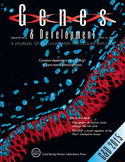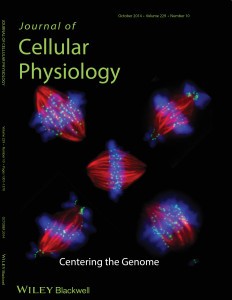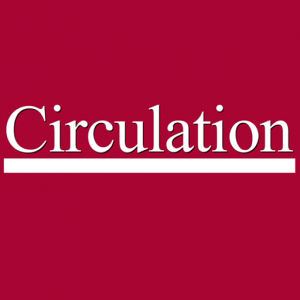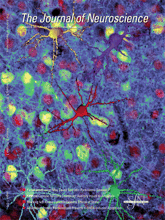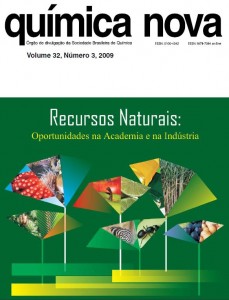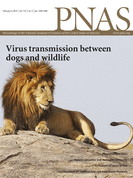 PNAS has retracted a paper on the cancer-causing Epstein-Barr virus just two months after publication, in a notice that fingers a now-former graduate student for manipulating figures.
PNAS has retracted a paper on the cancer-causing Epstein-Barr virus just two months after publication, in a notice that fingers a now-former graduate student for manipulating figures.
The paper tries to explain how Epstein-Barr virus blocks the immune system’s attempts to destroy it. According to the notice, the three “nonexperimentalist authors” – identified in the paper as two P.I.’s from University of Texas at Austin and one from the University of California, San Francisco – didn’t know the figures “were not reflective of original Northern blot and immunoblot data.”
That leaves UT Austin PhD student Jennifer Cox under the bus. Her LinkedIn says she pursued a PhD from 2010-2015, though it’s unclear if she’s received a degree. Cox’s name is at the top of P.I. Christopher Sullivan’s list of past lab members, and she’s the only one on the page whose name doesn’t hyperlink to additional information, such as a contact.
The school issued a press release about the study that quoted Cox, which has been removed from the UT site but is still available on Science Daily: Continue reading Authors retract PNAS Epstein-Barr virus paper for “anomalous and duplicated” figures
